A Drone’s Eye View on Privacy Concerns
The Michigan Supreme Court recently avoided a definitive stance on whether drones can be used by the government for surveillance without a warrant. This decision reportedly stemmed from a longstanding dispute involving Todd and Heather Maxon and local township officials, highlighting critical privacy concerns surrounding the use of drones for governmental enforcement activities.
The Heart of the Dispute
At the core of the debate is the Maxons’ 5-acre property, which local officials claim is being utilized as an illegal junkyard, a claim the couple disputes. The township’s use of drone surveillance to gather evidence against the Maxons sparked a Legal battle over the constitutionality of such actions without a warrant. The Michigan Supreme Court’s decision, penned by Judge Brian Zahra, upheld a lower court’s ruling, asserting that the exclusionary rule, which generally bars illegally obtained evidence in criminal cases, does not apply to civil cases seeking injunctive relief.
Exploring the Legal Nuances
Judge Zahra emphasized that the exclusionary rule is not a constitutional right but a judicial principle aimed at curbing Police misconduct under the Fourth Amendment. According to Zahra, its application does not extend to civil enforcement actions related to local zoning and nuisance laws. This interpretation has drawn sharp criticism from privacy advocates and the legal team representing the Maxons, who see it as a green light for warrantless governmental surveillance.
Mike Greenberg, an attorney from the nonprofit Institute for Justice, argued that the ruling effectively sanctions warrantless surveillance for code enforcement purposes, potentially undermining citizens’ Fourth Amendment rights. “Courts ordinarily order evidence from unconstitutional searches excluded, to disincentivize officials from violating our Fourth Amendment rights,” Greenberg stated, highlighting the broader implications for privacy rights.
Local Reaction and National Implications
Todd Maxon expressed his disappointment, underscoring his belief in every American’s right to privacy on their own property. The lack of privacy measures on their property, such as fences or roofs, was noted by Long Lake Township’s attorney, Bill Henn, as a lack of expectation of privacy—a point that has been controversial among local residents.
Scott Bullock, President of the Institute for Justice, criticized the court for avoiding the core constitutional issues at play, calling the decision a missed opportunity to protect against warrantless surveillance. He urged state legislators to address what he termed a significant loophole in privacy protection.
A Call for Legislative Action
The Michigan Supreme Court’s decision not to delve into the constitutional implications of drone use by the government for surveillance purposes leaves a significant gap in privacy protections. As drones become more prevalent in governmental operations, the need for clear legal standards to balance enforcement with privacy rights becomes increasingly urgent. This case may serve as a catalyst for further legal and legislative developments aimed at safeguarding citizen privacy in the age of aerial surveillance.
Discover more from DroneXL.co
Subscribe to get the latest posts to your email.

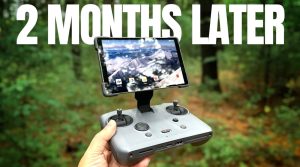



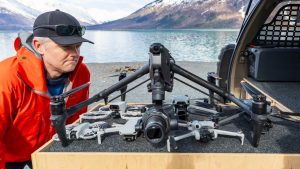
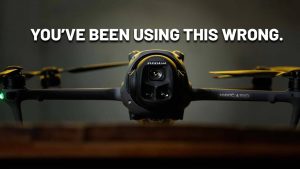



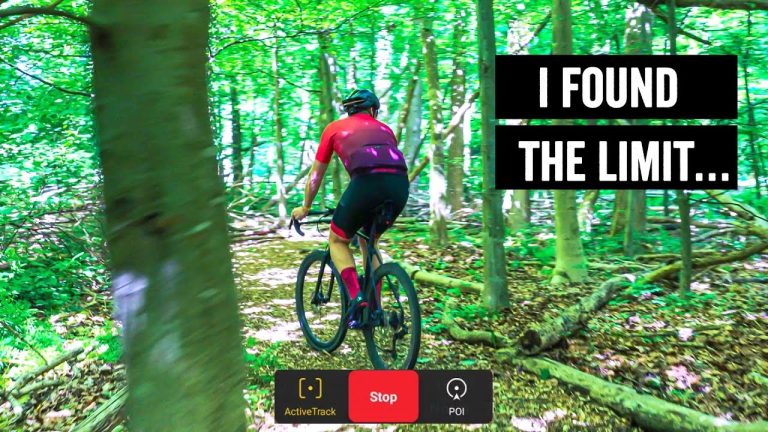
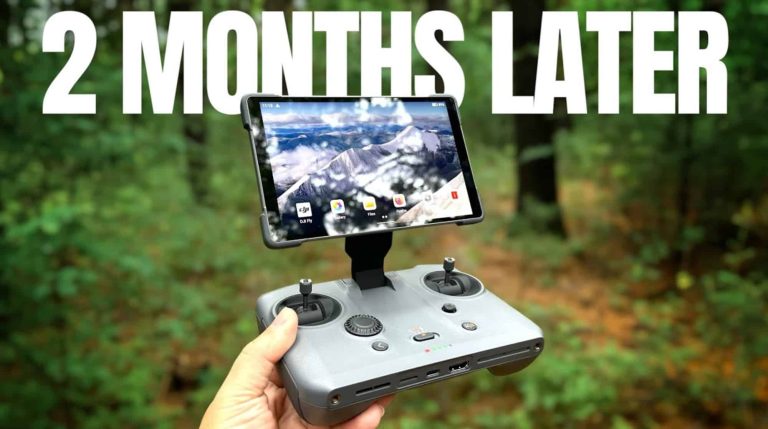
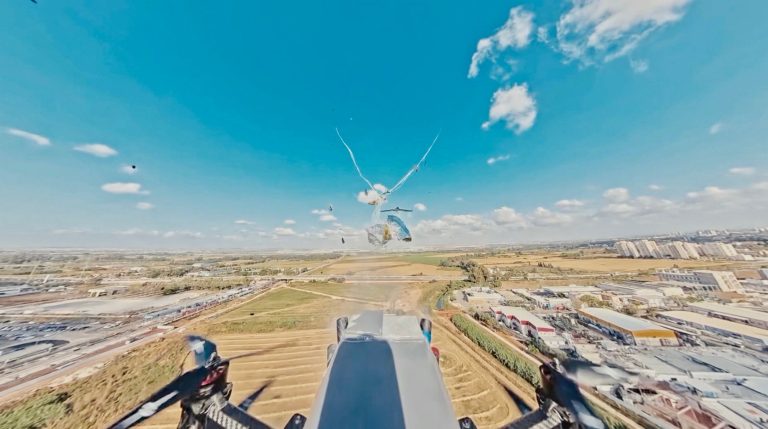
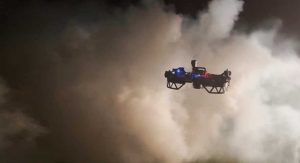
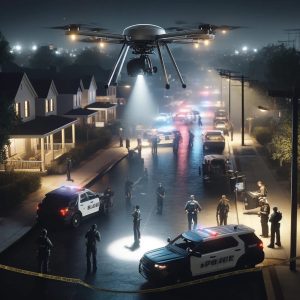

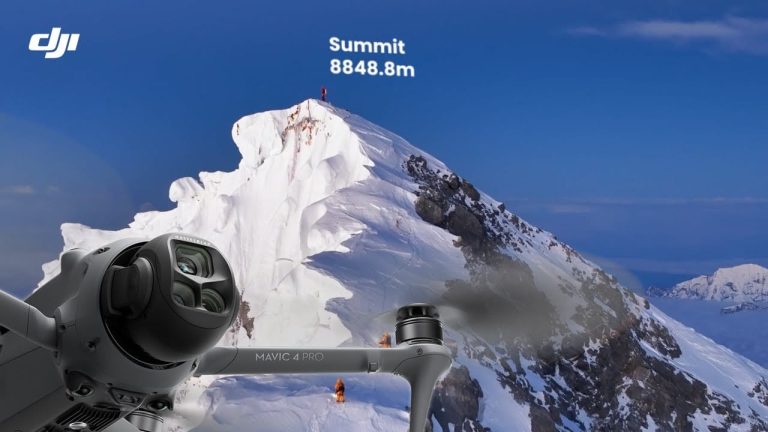
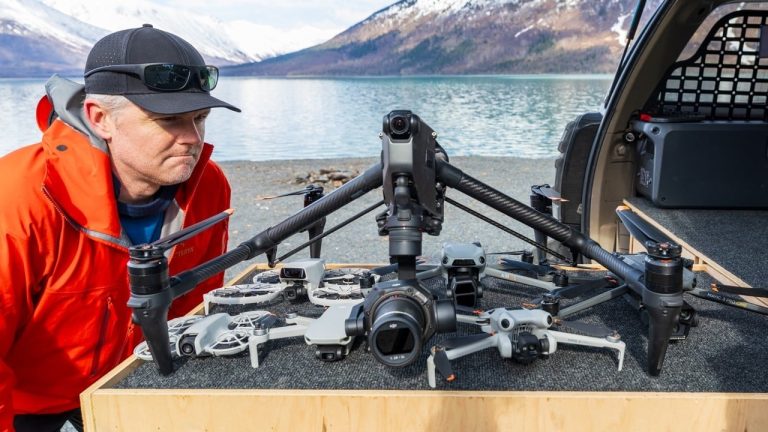
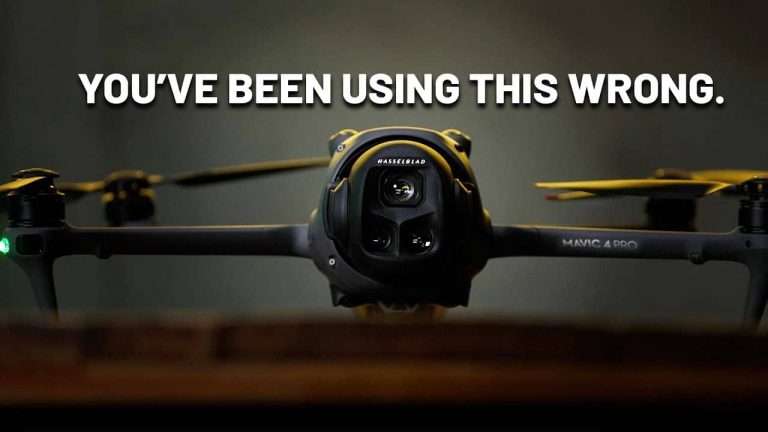
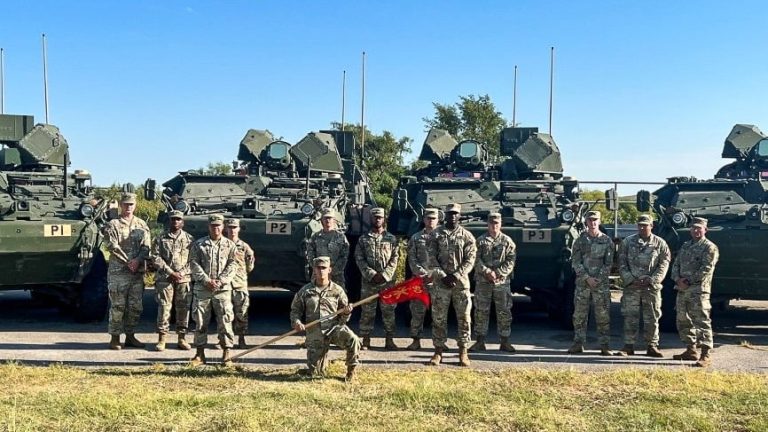
+ There are no comments
Add yours